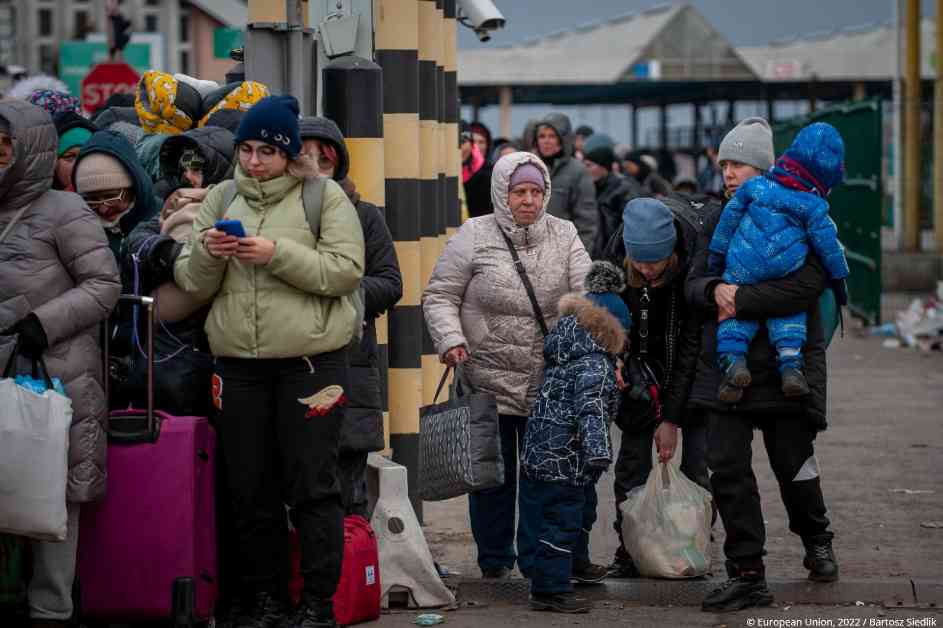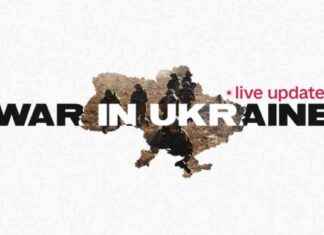The European Union is bracing itself for a potential influx of Ukrainian refugees as the conflict in Ukraine continues amidst shifting political alliances. With the United States showing signs of withdrawing military support for Ukraine, EU leaders are preparing for the possibility of a new wave of displaced individuals seeking refuge within their borders. This development comes at a critical juncture, with concerns rising over the implications of President Donald Trump’s recent overtures towards Russia and the potential impact on the ongoing Russo-Ukrainian war.
German Interior Minister Nancy Faeser recently addressed the media, highlighting the need for a coordinated response in the event of a significant escalation in the conflict. Faeser emphasized the importance of a unified approach within the EU to ensure the fair distribution of Ukrainian refugees across member states. Against the backdrop of existing challenges posed by the influx of over 4.3 million individuals fleeing the conflict, countries like Germany, Poland, and Czechia have shouldered a significant burden in providing temporary protection to those in need.
Contemplating the Impact
As discussions around the potential for a new wave of refugees intensify, leaders like Faeser and Austrian Interior Minister Gerhard Karner are grappling with the implications of such a scenario. While Faeser remains cautiously optimistic about the immediate future, describing the possibility of a large refugee surge as a hypothetical scenario, Karner’s decision to halt family reunification underscores the need for a strategic response to the evolving situation.
The uncertainty surrounding the conflict in Ukraine, coupled with the shifting dynamics of international relations, has created a sense of urgency among EU leaders. The need for a cohesive strategy to address the humanitarian needs of displaced individuals while navigating the complexities of geopolitical alliances remains paramount. As countries like the Czech Republic explore options for facilitating the return of refugees to Ukraine, the broader question of solidarity and shared responsibility within the EU looms large.
Expert Perspectives and Strategic Considerations
Against this backdrop, experts have raised concerns about the implications of a potential reduction in U.S. military aid and intelligence sharing with Ukraine. The strategic implications of President Trump’s policy shifts towards Russia, including the weaponization of military aid as a bargaining chip in ceasefire negotiations, have cast a shadow over the future of the conflict. As European leaders convene emergency talks to address the evolving situation, the need for a proactive and unified response to support Ukraine and manage potential refugee flows remains critical.
In conclusion, as the EU prepares for a potential surge in Ukrainian refugees amidst geopolitical uncertainties, the need for solidarity, strategic foresight, and humanitarian action has never been more pressing. The fate of millions of displaced individuals hangs in the balance, underscoring the urgency of coordinated efforts to address the crisis and uphold the values of compassion and solidarity that define the European project. As the world watches and waits, the resilience and resolve of nations will be tested in the crucible of conflict and crisis.

















